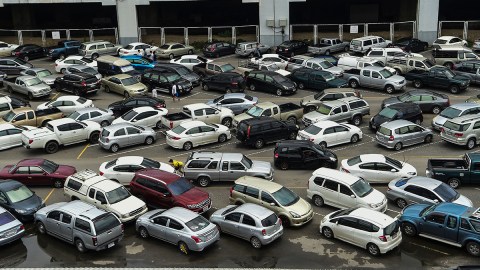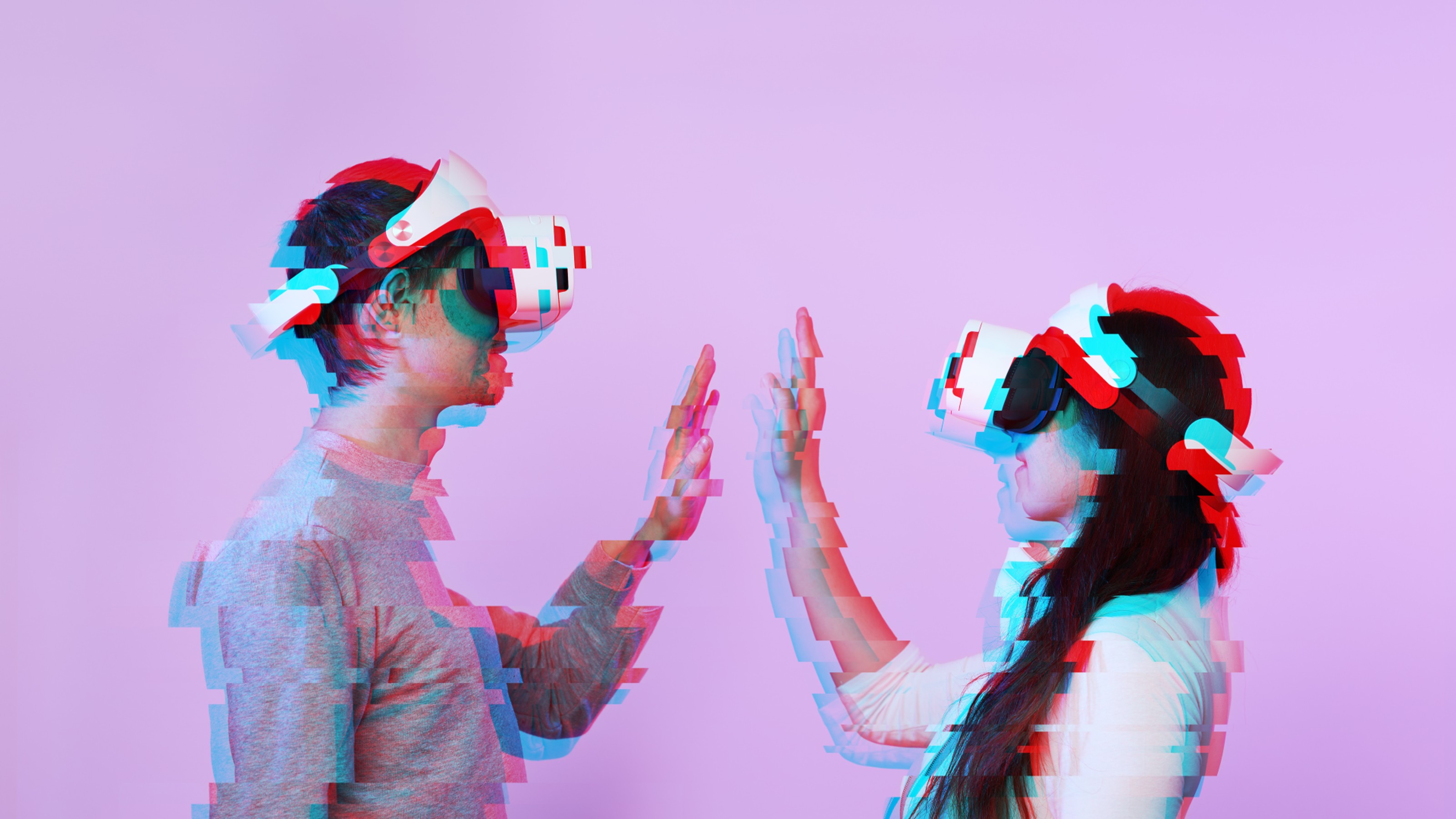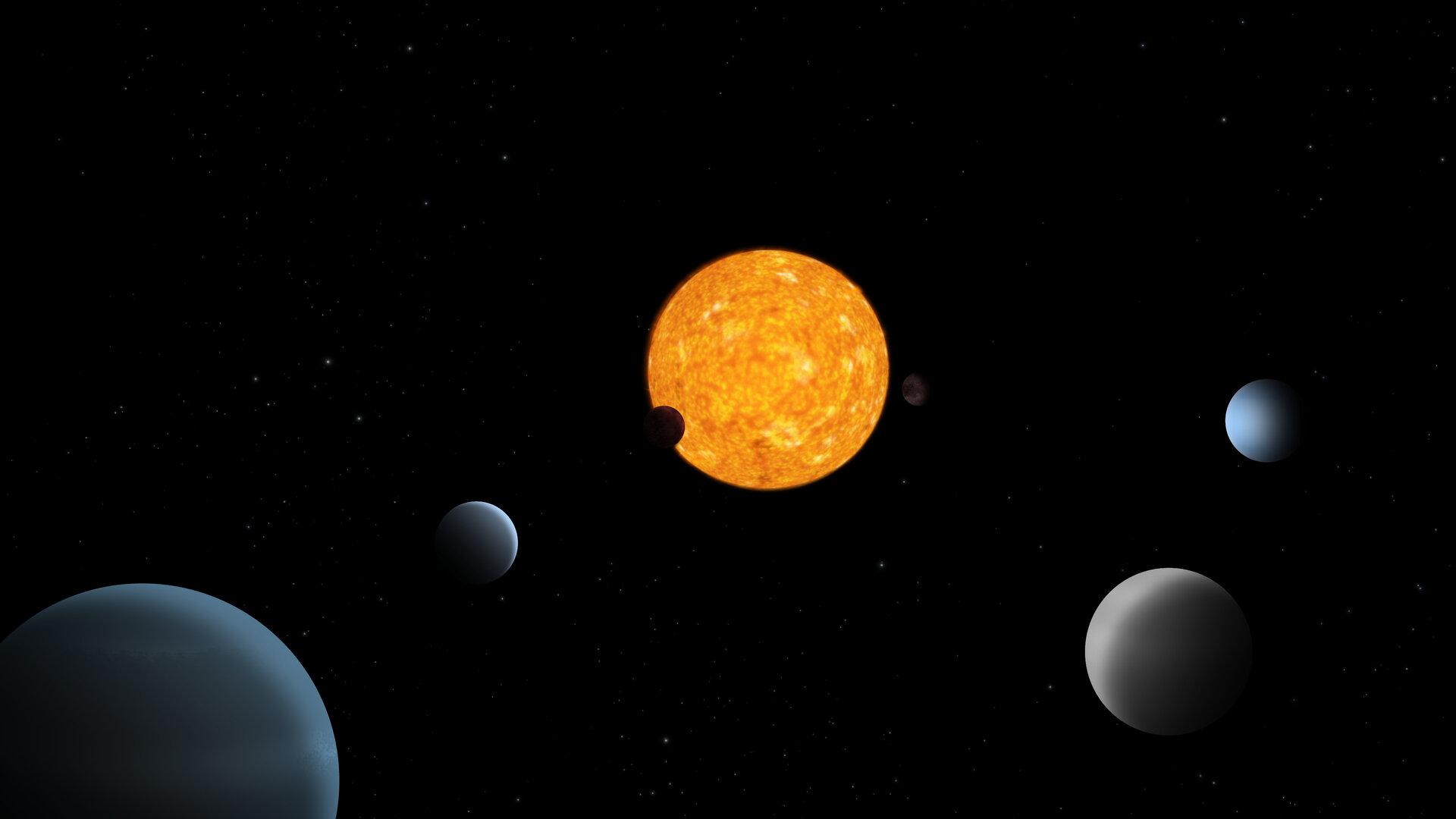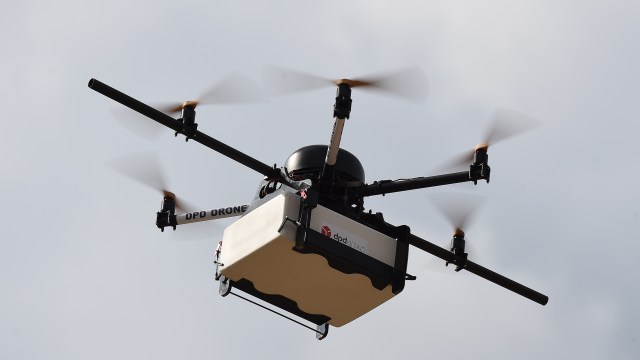Waze’s New Parking Spot Finder is a Horrible Idea

Earlier this week Waze brought glee to the hearts of drivers. The Google-owned app announced a partnership with transportation data firm INRIX in providing real-time parking updates. This collaboration frees up fifty-five hours drivers waste seeking spots every year—a supposed annual loss of $600 million.
What else is lost in the continued automation of every human function?
According to neuroscientist Jaak Panksepp, the human brain is equipped with seven primary processing systems. Our SEEKING system propels us out of bed each morning, driven by a dopamine release that provides the motivation to accomplish goals. SEEKING is not only beneficial; it is easily hijacked by novelty, leading to a flooding of cortisol and other anxiety-producing chemicals. That said, we rely on this system to not only survive, but thrive.
We don’t just farm and milk cows; we also make chocolate. Our clothes are not just for protection but for beauty and sexual allure. Mankind’s great and unique achievements, the products of our prodigious neocortices, are firmly rooted in the psychic energy provided by this system.
Evolutionary speaking, the hunt for food begins with seeking. It is such a powerful motivator that the dopamine squirts before we complete a task, which explains why finding a parking spot feels satisfying. Remove the element of seeking, however, and the reward is also thwarted.
Author Nicholas Carr has spilled much ink contemplating how maps, the initial function of Waze, shape human psychology and ethics. Early cartographers changed the way we think about the planet, as he told Big Think:
Before the map came along, people understood where they were and where they were going purely through their sensory perceptions—through what they saw, also what they hear, and so forth. As soon as the map came along we suddenly had a very different way to think about where we were in space. The pure visual and auditory and sensory perceptions were supplemented by an abstract picture.
A map, the saying goes, is not the territory. Maps allowed our minds to consider the bigger picture of spatial surroundings. What they take from us in terms of flow, they return with a broad picture of our interdependence. Carr likens this to the mechanical clock. When introduced, time no longer flowed; it is now a series of measurable units. Clocks stole the moment form us, yet also helped advance scientific thinking thanks to new abstract models to contemplate.
One danger of automated technology, Carr writes in The Glass Cage, is when it disappears from view. When we become so dependent on a technology that it seems life cannot exist without it—that it’s inextricably woven into the fabric of our day—we cannot feel responsible for our behaviors. Even worse, we lose our sense of agency. We no longer know where we are in space.
Digital maps already do this. With physical maps you still need visual markers, landmarks that help you orient. Not so with GPS. You can drive the same route dozens of times and never really notice the stores, street corners, trees, or other sights that were previously essential for orientation. The mechanized voice functions in the same way that Google stores your memories.
If the system fails, you’re lost. You have no tactile sense of your surroundings given that you haven’t built up the cognitive resources necessary for travel. And you’re not only lost spatially. Digital maps weaken your ability to learn and remember—lack of spatial orientation results in a chronic system-wide failure.
A famous study of London cab drivers showed that their rigorous street education resulted in profound enlargement of their hippocampus, where short-term memories turn into long-term knowledge. Throw GPS into the mix and shrinkages in this region are nearly guaranteed. Chances of cognitive decline and loss of memory increase as you age, making you more reliant on outsourced proprioception.
Carr sees this as more than an individual concern. Maps changed our ethics; it is impossible to alter your sense of space and not change how you relate to people in that space. Waze and INRIX cite lost time searching for parking spots. What they don’t address is the lost time drivers spend staring at screens while on the road, and how that affects the flow of traffic—nor the inevitable aggression and disappointment when multiple drivers arrive simultaneously. When the SEEEKING system is exploited, dopamine stops flowing, replaced by a surge cortisol and adrenaline. The expectation has not been met.
Technology, Carr concludes, should be treated as an extension of our bodies. He uses the example of a scythe, once a vaunted technology that helped farmers clear fields. Since the handle is an extension of the arm and requires full body cooperation, the farmer knew he was doing the work. Place him high up on a combine and no longer does his body have the same relationship to the earth. Mastery is no longer required; it’s been offloaded to the machine.
This translates in our ethics. With a scythe you can view the animal you’re about to thrash. You can alter your swing, wait a moment, turn a corner. From the elevated perspective of the combine such possibilities are greatly diminished.
Carr concludes with a simple question:
Does our essence still lie in what we know, or are we now content to be defined by what we want?
In Tao of Jeet Kune Do, Bruce Lee offers simple advice: park far away and walk. He knew the healthy option was also the saner one. Instead of vying for position at the entrance, you’ll not only be less aggressive, you’ll have an opportunity to better understand your surroundings. The space afforded during the walk frees your mind to wander, to consider your environment, to mull over ideas.
Carr warns of the arrogance and insensitivity resulting from our reliance on automation. Seemingly mundane tasks orient us. Paying attention to the road, our car becomes an extension of our body, as Marshall McLuhan recognized a half-century ago. Relying on an algorithm we’ll never see destroys that agency. When we can’t understand the software orchestrating our physical actions, we can no longer tell if we’re being aided or controlled.
We’re behind the wheel, but we can’t be sure who’s driving.
—
Derek Beres is working on his new book, Whole Motion: Training Your Brain and Body For Optimal Health (Carrel/Skyhorse, Spring 2017). He is based in Los Angeles. Stay in touch on Facebook and Twitter.





